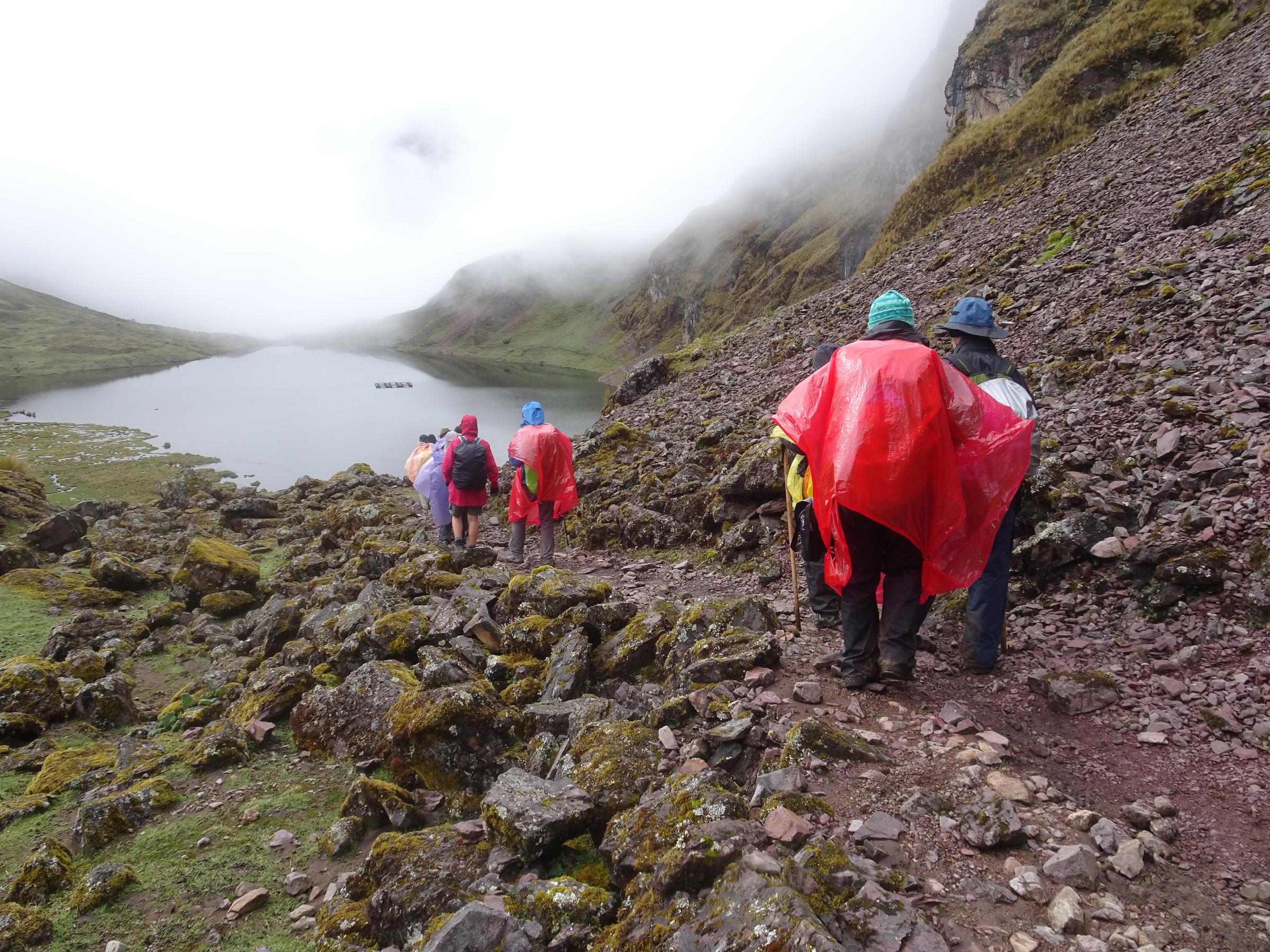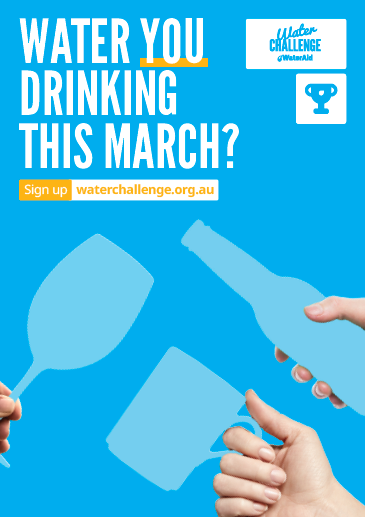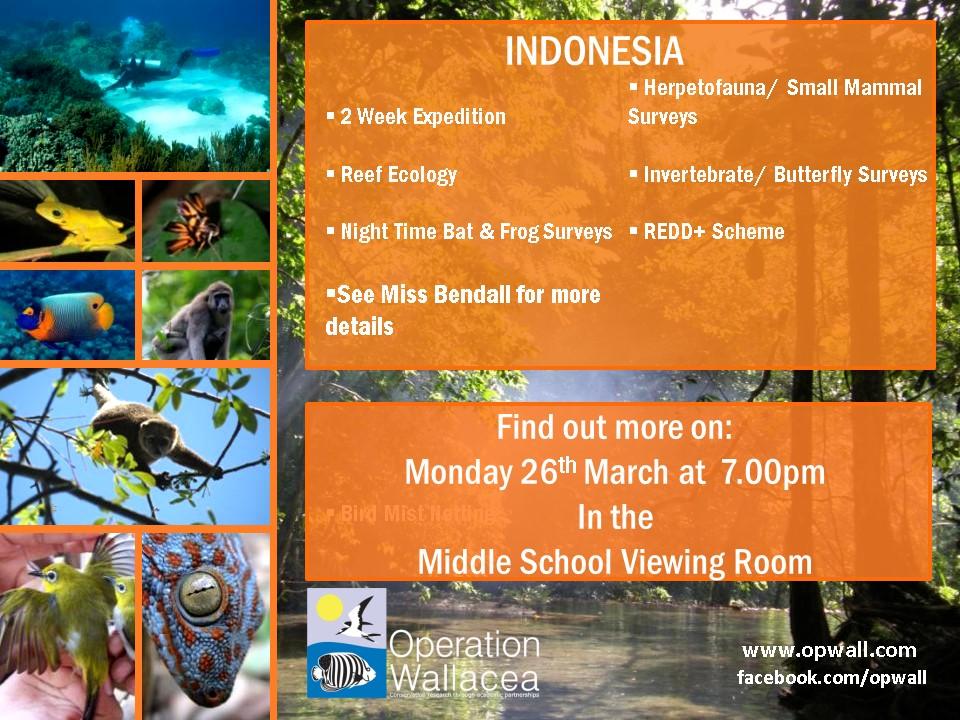Worldly Matters

Water security in March
WaterAid works in various developing countries to provide access to safe water, decent toilets and hygiene to disadvantaged communities (www.wateraid.org.au)
They are launching two initiatives in March to raise fund to bring bring water security to these communities. The Water Challenge and Walk for Water.
The Water Challenge invites you to make water your only beverage for the month of March. That means no coffee, no tea, no beer, no wine, no soft drinks, no energy drinks… just water. If you don’t think you can make it through the whole month, you can take a shortened version of the challenge or use a “Raise A Glass” pass to take a day or two off. Last year, over 1200 Australians took part in the challenge. You can join them by signing up here.
Walk for Water challenges you to walk 10,000 steps a day for five days. From 19-23 March, take a step towards a healthier lifestyle, put your peers through their paces, and walk for those who walk too much. It’s a great excuse to get active, go for lunchtime walks (before it gets too cold), and empathise with the women and girls who walk for hours every day collecting water.
Walk for Water has raised almost $400,000 since it was re-booted in 2013. You can help add to that tally by registering here.
Trip to Indonesia in 2019
All parents and guardians are invited to an information session about a potential two-week expedition to Indonesia in July 2019 run by Operation Wallacea to help with biodiversity surveys.
A presentation will be held:
Monday 26 March at 7pm, Middle School Viewing Room
and is open to current Year 10 and 11 students, but any student who is interested in biology, ecology and conservation is welcome to attend.
For their first week, students will be based in the endemic-rich rainforests of Buton Island in South-East Sulawesi. Here they will help scientists and academics collect data on biodiversity, which will be used to measure how well the forests are being protected under their proposed conservation management strategies. They will complete jungle survival skills training and help take part in various surveys such as forest measurement (to quantify the amount of carbon stored), butterfly surveys, bird point count surveys, herpetofauna surveys (conducting both pit line surveys and spotlight searches), large mammal and bird surveys (looking for macaques, hornbills, anoa and wild pig) and bat surveys. They will also complete a course on the Ecology of the Wallacea Forests.
For the second week the group will be based in either Bau Bau or Hoga. This is at the centre of the Coral Triangle – the most diverse reef systems in the world. Here they will snorkel and complete an Indo Pacific reef ecology course. The reef ecology course will cover the importance of the marine environment, along with underwater survey techniques.
We look forward to seeing you on the evening.
Ms Ashleigh Bendall
Teacher of Biology & Environmental Science
World Challenge
Now would be a great idea to look out for some clothing, sleeping bag and hiking boots bargains. A lightweight, small -10 to -15 oC (women not men) rated sleeping bag will be the hardest item to get so please think about:
1) Borrowing one from a friend.
2) Hiring one from Outsports in Moorabbin (approx $95 for 3 weeks).
3) Buying one (-20 oC for men) in Nepal (approx $100 but limited stock in many of the 40+ shops).
4) Buying the Blackice G1300 (warmer than the G1000 but approx $400) from an online store on Aliexpress.com. A VISA/Mastercard must be used to purchase it. (I've had no problems with my G1000).
5). Buying one for over $500 in Australia from MacPac, Kathmandu, Paddy Pallin or an online store that sells Sea-To-Summit sleeping bags.
Hint #7: Please think twice about buying one as it may never be used again and it is a lot of money to spend - especially for a good one.
Mr Michael Warden
World Challenge Coordinator



